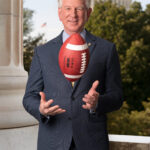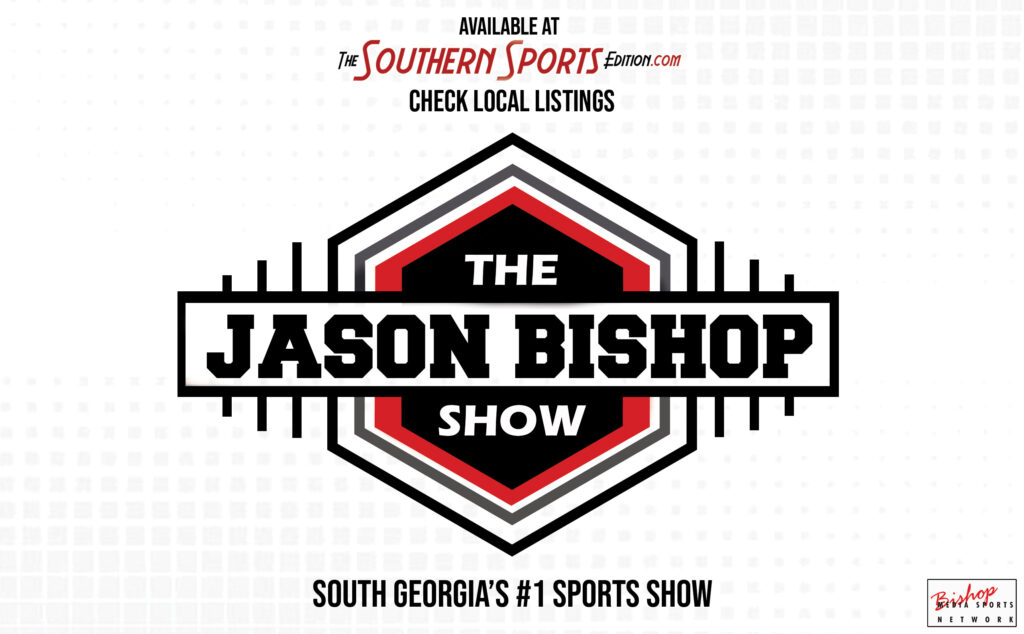Federal Government Looking to Regulate NIL In College Football
NIL Goes To Washington
 By: Robert Craft
By: Robert Craft
TheSouthernSportsEdition.com news services
NIL and their laws remain a controversy in college athletics.
That’s because, for all athletes, overarching rules have not been set. NIL has been around for a long time, so why does it still feel like lawless territory?
While its’ monetary impact has been helpful to the sport, we still have a ways to go in reforming and refining NIL rules until it’s most beneficial to all parties.
The stability of it on a national level continues to be the top concern of everyone across college sports. Until we see the rectification of that concern, those feelings will not change, whether we’re talking about rules for commissioners, coaches, or the athletes themselves.
With the inception of NIL in July 2021, decades of NCAA monitoring on student-athletes turning a profit turned into a blind eye. The script has been flipped for coaches, fans and administrators.
More importantly, daily conversations with student-athletes have altered, even at the high school level.
If there is any lesson after a year into the new era, it’s that NIL will continue to impact on the outcome of sporting events and the revenue collection.
For years, the NCAA banned boosters from paying students for attending a certain school or for their performances on the field. Those rules are still very much in place, yet NIL allowed a backdoor for individuals to move cash to athletes thanks to collectives.
There are now more than 200 collectives across the Division I landscape. Typically, founded by prominent alumni and influential supporters, school-specific collectives pool funds from a wide network of donors to create financial opportunities for student-athletes through an array of activities and events.
Independent of a university, collectives have potential to serve a variety of purposes. Most often, collectives pool their resources, help facilitate NIL deals for athletes, and invent ways for influential athletes to endorse their brands. Athletes and recruits benefit from lucrative NIL deals.
Tommy Tuberville, the former college football coach and now State Senate Representative for Alabama, plans to release a draft of the bipartisan bill aimed to regulate name, image and likeness in spring 2023. Tuberville said he “does not foresee federal legislation being enacted in the next Congress that would include an antitrust exemption for the NCAA”.
Earning antitrust exemption status has long been a goal for college athletics and their governing bodies. With multiple class-action lawsuits having been brought up against the NCAA, no organization has been more aggressive than the Supreme Court’s unanimous decision in NCAA v. Alston in 2021. The ruling stated the NCAA was violating antitrust law by placing limits on the education-related benefits schools can provide to athletes.
Approaching Capitol Hill showed how administrators truly felt about NIL – uncomfortable. Coaches across the country, specifically in football and basketball, feel similar. On the contrary, coaches + admins are promoting the need to get with the times or be left behind.
Fans are left to ponder what the future of college athletics will look like. While regional conferences are torn apart over TV contracts, speculation on NIL runs rampant.
Did this recruit take a pile of cash as a bribe? Will this revamped transfer-portal team find success?
All of these answers remain unfound. A confused landscape will create nothing but fear and anger. The NCAA needs a double dose of clarity regarding NIL rules and enforcement.




